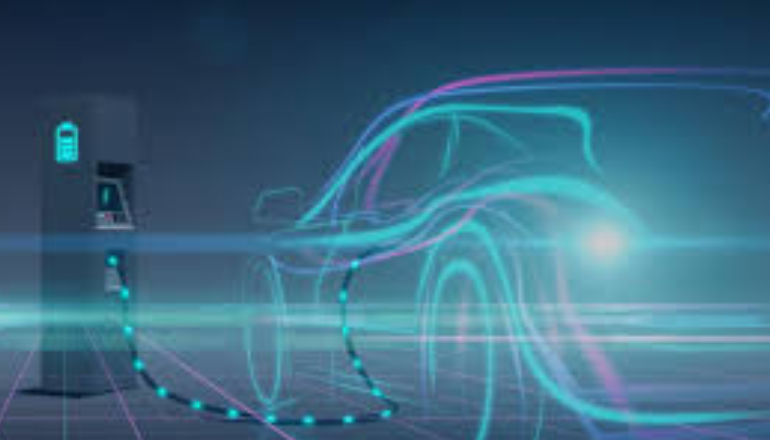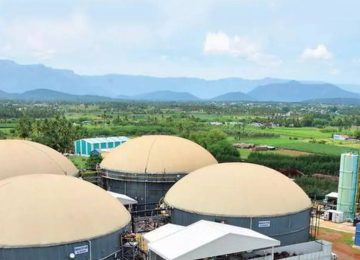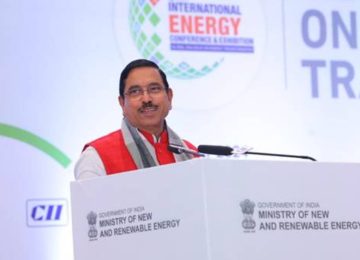At a recent event, the Bureau of Energy Efficiency’s 22nd Foundation Day Celebration discussed the potential of the Indian carbon market for decarbonization as well as the role of e-mobility in energy transition.
Union Power and New & Renewable Energy Minister R. K. Singh praised BEE’s contributions to India’s carbon footprint reduction. He introduced two BEE Standards and Labeling Programs for commercial beverage coolers and packaged boilers. He also unveiled the fifth State Energy Efficiency Index and launched the India EV Digest.
Abhay Bakre, Director General, BEE, recommended a Model Electric Vehicle Policy to hasten the country’s adoption of EVs. He emphasized the importance of state-specific EV policies in promoting widespread adoption, suggesting collaboration with NITI Aayog for a national model policy. The DG also demanded policy support for manufacturers and financial incentives for EV users. Saurabh Diddi, Director, BEE suggested a structure for offset and compliance mechanisms.
Sudhendhu Jyoti Sinha, Advisor, NITI Aayog highlighted the notable advancements made in the state-by-state adoption of electric vehicles (EVs). He disclosed that 33 of the 36 states have already developed EV policies unique to their states. He underlined that successful state-level implementation is essential to the sustainability and success of EV policies, underscoring the need for cooperative efforts.
Telangana’s Managing Director, N. Janaiah, highlighted the state’s success in promoting e-mobility, highlighting a 15%-16% growth in the EV segment and highlighting government plans for road tax exemptions, charging infrastructure subsidies, and e-mobility valleys.
Dr. Ritu Singh, DGM, Energy Efficiency Services Limited, emphasized the significance of micro-mobility, particularly electric bicycles, and advocated for legislation promoting their use and increased demand.
Ashok Kumar Rajput, Member, Central Electricity Authority, highlighted the importance of electricity in e-mobility and emphasized affordability, policy support, standardization, strategic resource planning, and receptiveness to new technologies like hydrogen.
The panel discussion on using the Indian Carbon Market to accelerate decarbonization and energy transition, chaired by former Indian government minister R.R. Rashmi, discussed ongoing discussions on Article 6.4 of the Paris Agreement.
Panelists spoke about the need to expedite the transition to electric mobility in the transportation sector, focusing on regulatory and policy environments that minimize public costs.
Panelists stressed the need for coordinated efforts, policy support, and strategic planning for a successful transition to electric mobility in India. They also discussed the use of the Indian Carbon Market to accelerate decarbonization, focusing on Article 6.4 of the Paris Agreement.
S. S. Barpanda, Director, Market Operation, Grid Controller of India (GCI), highlighted the carbon market registry’s role in market transparency and its potential to revolutionize climate action.
The World Bank’s Global Lead for Carbon Markets and Finance, Climate Finance, and Economics, Chandrashekar Sinha, emphasized the importance of a robust compliance market in boosting demand for voluntary carbon credits, praising India’s innovative approach.
Industry representatives from Tata Steel and Vedanta Resources highlighted the importance of the carbon market in decarbonization efforts. PwC’s Rajeev Ralhan emphasized blockchain and IoT for transparency.









